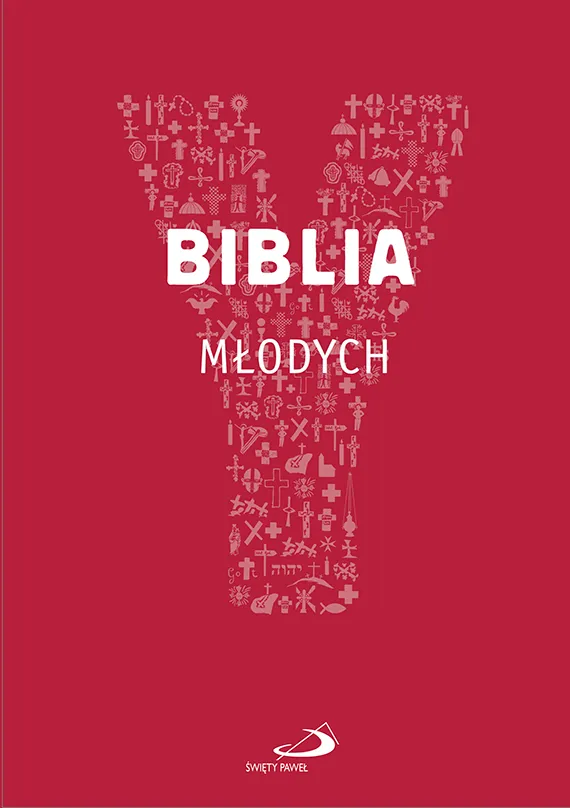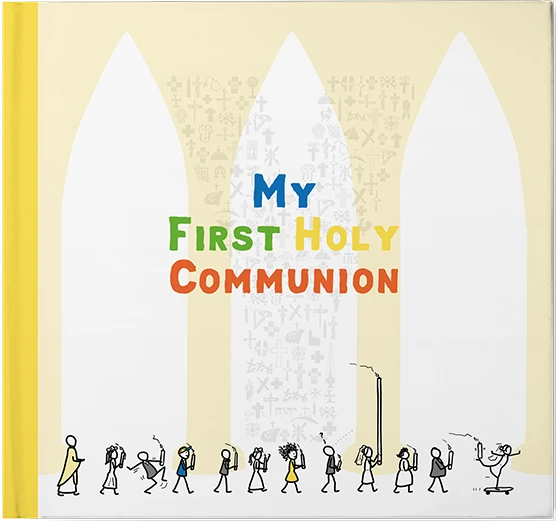

Credopedia
Znaczenie dogmatu
Mariusz pyta: Czym jest dogmat i dlaczego potrzebujemy dogmatów w Kościele?
Dogmaty Kościoła katolickiego są jak bariery ochronne. Chronią nas przed zboczeniem z drogi i narażeniem się na niebezpieczeństwo. Pomagają nam utrzymać właściwy kurs, zwłaszcza w czasach niepewności i zamętu. W trudnych sytuacjach zapewniają nam bezpieczeństwo.
- Czym jest dogmat?
- Kościół jako szafarz „słowa Bożego”
- Historyczne znaczenie soborów
- Jak powstaje dogmat?
- Kościół może kształtować życie. Pod warunkiem, że pozostanie wierny sobie
Czym jest dogmat?
Aby zrozumieć, czym jest dogmat, przyjrzyjmy się temu, czym nie jest. Dogmaty nie są sztucznymi regułami, które Kościół katolicki ogłosił, aby je przestrzegać. Są raczej doprecyzującymi stwierdzeniami dotyczącymi czegoś, co samo w sobie jest prawdą. Zatem dogmaty są prawdami wiary. Są wiążące, nieomylne i niepodważalne, gdy zostaną potwierdzone i uroczyście ogłoszone przez autorytet kościelny: papieża.
Kościół katolicki ma własną naukę teologiczną służącą interpretacji wiary chrześcijańskiej. Nazywamy ją „teologią dogmatyczną” lub „dogmatyką”. Według św. Tomasza z Akwinu, teologia jest prawdziwą nauką, ponieważ wychodzi od niezmiennych, fundamentalnych prawd Bożego objawienia i podsumowuje je systematycznie i spójnie.
Kościół jako szafarz „słowa Bożego”
Jezus Chrystus uważał siebie za wypełnienie prawa Starego Testamentu i absolutnego Nauczyciela: „jedynym waszym mistrzem jest Chrystus” (Mt 23, 10). Apostołowie mają za zadanie wiernie przekazywać skarb wiary, który powierzył im Chrystus. Nie chodzi tu tylko o przekazywanie wiary: Kościół musiał zachować wiarę w stanie nieskażonym i bez jej rozwadniania. Do objawienia Chrystusa nie można dodawać niczego nowego ani odmiennego.
Ale w ciągu ostatnich 2000 lat świat poszedł naprzód. Jak twierdzą niektórzy, gdyby Jezus żył dzisiaj, powiedziałby to i owo inaczej… Oczywiście, Kościół katolicki się z tym nie zgadza. Jezus Chrystus jest Słowem Bożym, posłanym do ludzkości. To Słowo ma wieczną wartość. Słowo Boże jest niezmienne. A jednak to Słowo Boże, raz wypowiedziane, musi być tłumaczone z uwzględnieniem różnych czasów, miejsc i kultury, aby ludzie rozumieli je jasno i bez dwuznaczności.
Dogmaty służą do wyjaśnienia tego, co wcześniej budziło kontrowersje. To właśnie jest zadaniem nauczania Kościoła. Ma zgłębiać prawdę z pomocą Ducha Świętego, aby uczynić ją zrozumiałą i dostępną dla wiernych oraz zapobiegać lub eliminować nieporozumienia.
Historyczne znaczenie soborów
Już we wczesnym chrześcijaństwie odbywały się spotkania, na których Kościół formułował doktryny wiary jako obowiązkowe. Dziś Kościół nazywa te spotkania soborami. Jeden z takich soborów Apostołów i starszych zebrał się około roku 48/49 po Chrystusie. Dyskutowano tam o kwestii obrzezania i przestrzegania prawa żydowskiego przez chrześcijan nieżydowskiego pochodzenia (por. Dz 15, 1-29). To spotkanie nazywa się Soborem Apostolskim lub Soborem Jerozolimskim.
Sobory miały na celu wyjaśnienie kluczowych kwestii wiary i zwalczanie herezji. Doprowadziły do sformułowania wyznania wiary i definicji dogmatycznych, które odegrały kluczową rolę w rozwoju teologii chrześcijańskiej. Na przykład w 325 roku starsi przedstawiciele Kościoła zebrali się w Nicei, aby rozstrzygnąć spór ariański i zdefiniować Boskość Chrystusa jako dogmat. Rezultatem było nicejskie wyznanie wiary, którym modlimy się do dziś.
W roku 431 Sobór Efeski potwierdził określenie Maryi jako Theotokos, czyli 'Boża Rodzicielka', 'Matka Boga' lub dosłownie: 'Ta, która zrodziła Boga'.
Pierwsze siedem soborów uważa się za powszechne (ekumeniczne), ponieważ są one uznawane przez wszystkie Kościoły i wspólnoty chrześcijańskie. Kościół katolicki uznaje obecnie 21 soborów ekumenicznych, których decyzje są wiążące dla wiernych. Jeśli ta prawda jest publicznie kwestionowana lub zniekształcana, Kościół katolicki jest wezwany do przywrócenia jej pierwotnego blasku.
Jak powstaje dogmat?
Ogłoszenie dogmatu poprzedza systematyczny proces analizy, badań i zrozumienia. Dogmaty to zasady wiary oparte na wiekach teologicznej refleksji nad Pismem Świętym i tradycją Kościoła. Wnioski z tych badań naukowych, o których później mowa w dogmatach, są często przedmiotem debat na konferencjach biskupich lub synodach. Te zgromadzenia biskupów i najwyższych autorytetów kościelnych służą zebraniu opinii i spostrzeżeń różnych środowisk Kościoła.
Papież zwołuje sobór powszechny w celu dogłębnego omówienia proponowanego nauczania. Na tych spotkaniach są obecni lub reprezentowani biskupi z całego świata. Głosowanie odbywa się wśród obecnych biskupów i teologów. Po osiągnięciu konsensusu, nauczanie zostaje oficjalnie sformułowane jako dogmat przez wyższe władze kościelne, takie jak papież lub sobór powszechny. Ogłoszenie to często odbywa się w formie uroczystej deklaracji, zwanej ex cathedra: 'z katedry, tronu' papieża. Papież ogłasza wtedy dogmat jako nieomylną prawdę wiary, wiążącą wszystkich członków Kościoła katolickiego.
Kościół może kształtować życie. Pod warunkiem, że pozostanie wierny sobie
Katechizm Kościoła katolickiego wyjaśnia, że: „Dogmaty są światłem na drodze naszej wiary; oświecają ją i nadają jej pewność. I na odwrót, jeśli nasze życie jest prawe, to nasz rozum i nasze serce są otwarte na przyjęcie światła dogmatów wiary” (KKK 89). Przyczyniają się do jedności Kościoła i tworzą trwały fundament dla życia duchowego i praktyk religijnych wiernych.
Kościół, który ukrywa prawdy wiary, zamiast podtrzymywać je w dialogu, staje się nierozpoznawalny. Francuski autor Georges Bernanos opisał, co się dzieje, gdy traci się wiarę w swoim iDzienniku wiejskiego proboszcza z 1936 roku: „Nie, ja nie straciłem wiary. Wyrażenie «stracić wiarę», jak gubi się portmonetkę z pieniędzmi lub pęk kluczy, zawsze wydawało mi się dość nierozumne i prymitywne... Wiary się nie traci, lecz ona przestaje nadawać życiu kształt. I to jest wszystko”.
Zatem co sądzimy o dogmatach? Czy uważamy, że Kościół katolicki słusznie definiuje pewne prawdy wiary jako nieomylne i niezmienne? ∎

YOUCAT Digital
Odkryj nasze produkty cyfrowe, które pomogą ci wzrastać w wierze i samemu stać się misjonarzem.







